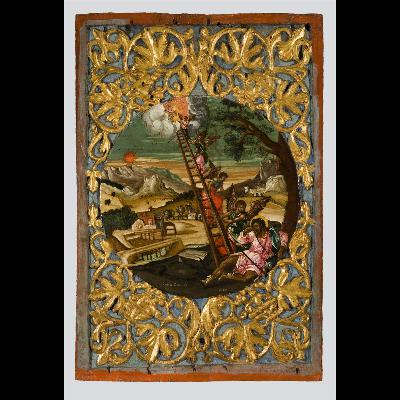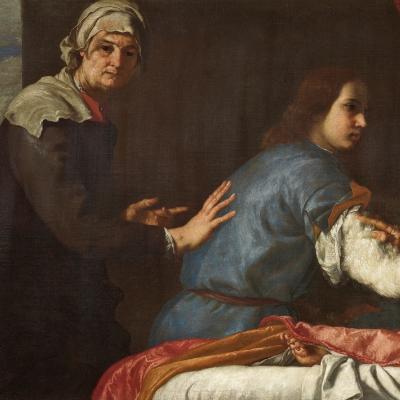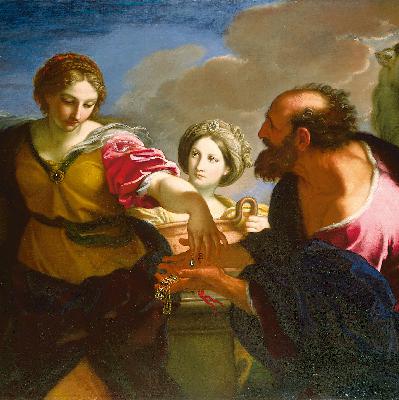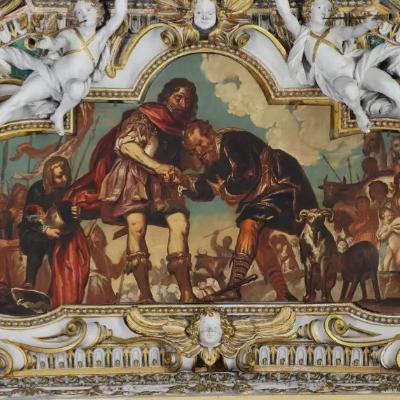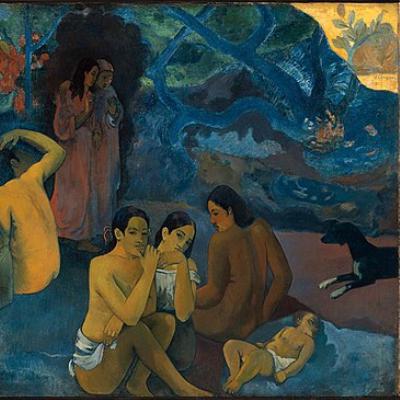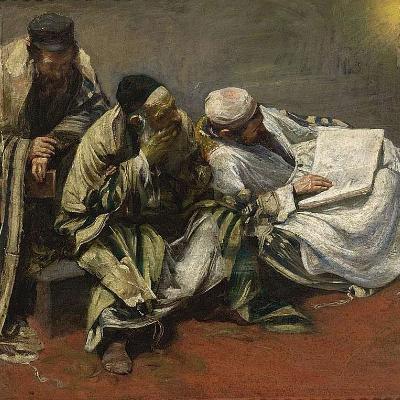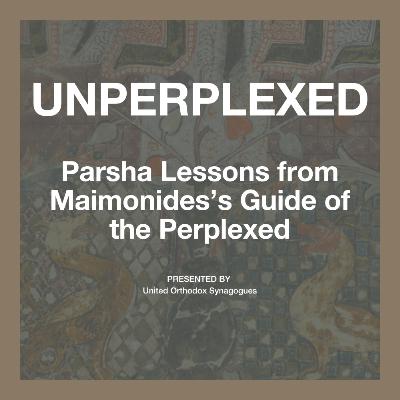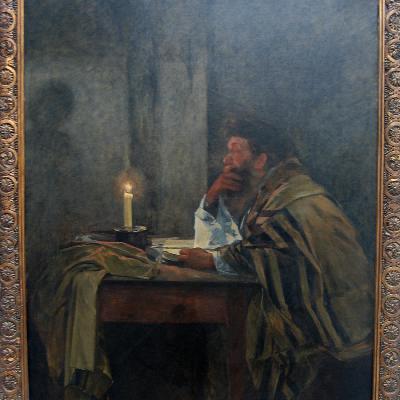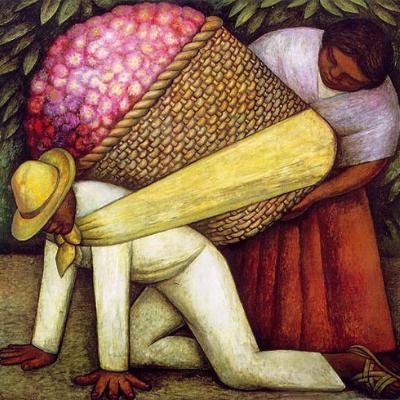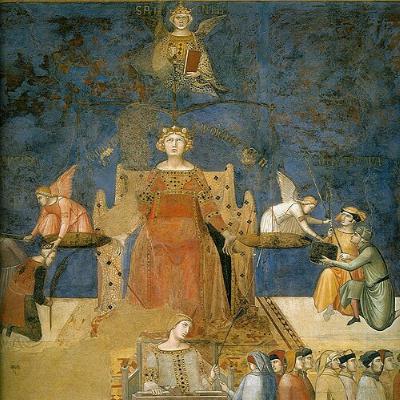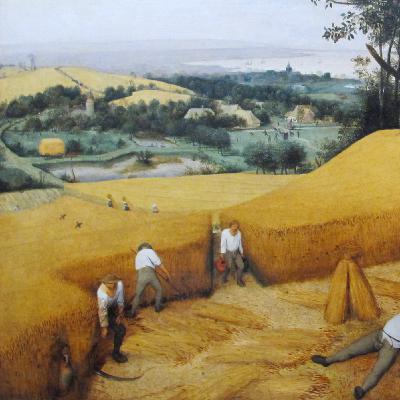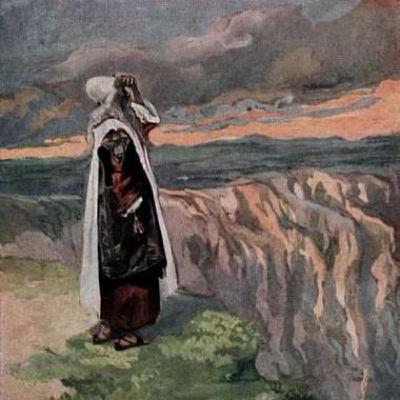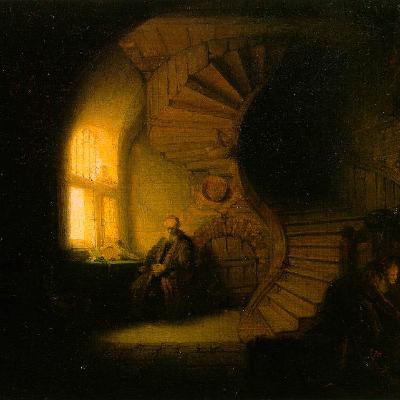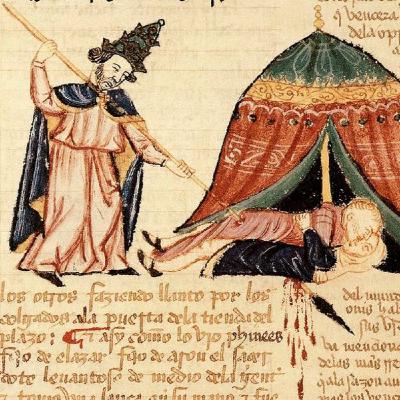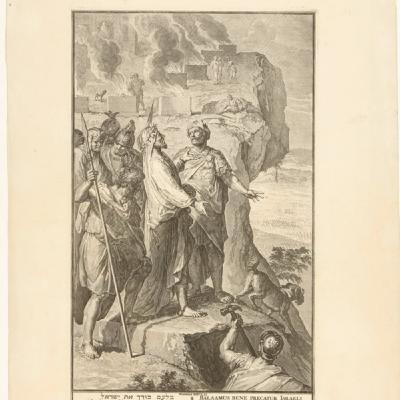Discover Unperplexed: Parsha Lessons from Maimonides's Guide of the Perplexed
Unperplexed: Parsha Lessons from Maimonides's Guide of the Perplexed

Unperplexed: Parsha Lessons from Maimonides's Guide of the Perplexed
Author: Yitzchak Sprung
Subscribed: 4Played: 122Subscribe
Share
© Yitzchak Sprung 2022
Description
Each week, Rabbi Sprung uncovers a hidden layer of the Parsha through the lens of the Maimonides's Guide of the Perplexed — where reason meets revelation, and ancient words illuminate timeless questions. Listen to Unperplexed on Apple Podcasts, Spotify, or wherever you get your podcasts.
154 Episodes
Reverse
Jacob dreams of angels climbing a ladder and God standing above them. But God doesn't stand and angels don't need to climb. So what does his dream actually mean? In one of the famous passages of the Guide, the Rambam explains and- in doing so- he explains what Jewish spirituality really is.
Rivkah found out that Esav was planning to kill Yaakov, so she sent him away. What did she hear and how? And what lesson does that contain for us?Gen. 27:41-42 with commentators, Guide 1:65, Pesachim 54b.
This week, I will share a wonderful surprise with you. That is, according to the Rambam, Eliezer, the servant of Avraham, made a mistake. He was right that God runs the world. But he misunderstood how we, as God’s independent creations, need to act in that world. In fact, Eliezer was like a gambler, who flips a coin and wins big. The outcome doesn’t prove his method was wise, only that he was lucky. And that contains a central lesson for us, for how we think of Jewish faith in God, and for how we make our decisions.
Avimelech says he's righteous, Avraham says he's not. God seems to agree with both of them (this is Judaism, after all). So which is it and what should we learn from this moral conundrum?Pictured: Jan de Herdt, 'Abraham and Abimelech'.
“I will bless those who bless you.” What does that really mean — and why did Avraham need to hear it? Find out in this week’s episode of Unperplexed.Pictured: Yoram Raanan: Lech Lecha - Biblical print
When God decided to destroy the generation of the flood, He did not warn them; He kept it to Himself, so to speak. But the Torah teaches us of His silence and we learn an essential lesson for our own lives from it.
The very first in the Torah is a real doozy and the Sages seem to almost willfully misread it. Yet, we can defend their interpretation. In fact, we will learn an important lesson from it.
Introducing 'Unperplexed: Parsha Lessons from Maimonides's Guide of the Perplexed.'Unperplexed explores the weekly Torah portion through the lens of Maimonides’ Guide of the Perplexed — one of the most challenging and profound works in Jewish thought.Each week, Rabbi Sprung uncovers how the Rambam’s deepest philosophical ideas illuminate the Torah’s timeless moral and spiritual questions, revealing wisdom for how we think, act, and live every single day.Join us as we bring reason and revelation together, one Parsha at a time.
First we listen, then we speak. After special days of reflection and repentance, we are ready to offer more refined and defined prayers.
And all the nations will say, Why did God act this way to this land? Why is this great anger so strong? Unkelos's translation and explanation of the verses that follow give us a powerful insight into the connection between fantasy and suffering.
In this parsha we consider a great blessing and question. How do we leave the world as purely as we entered it?
The Torah’s simplest lessons carry surprising depth when we look at them more closely. This week, we look at the mitzvah of returning lost items—and what it really means for the way we live with dignity, care, and responsibility. A short insight to carry with you into the week.
Justice is a word we invoke, but rarely understand. In this episode, we ask what it truly means to be just and to find justice.
Two mountains. One rain. Two very different outcomes. What do Mount Gerizim and Mount Eval teach us about where blessing really comes from?Take a few minutes for an insight that might change how you see your own life.
This week’s Parsha promises blessings beyond measure — but slips in one puzzling warning. Why would God slow down our victories? Discover the answer in this week’s Parsha Pick-Me-Up.
Why did Moshe beg so desperately to enter the Land of Israel? Was it for the beauty—or something far deeper? In this episode, we uncover the surprising reason the Sages say he pleaded with God, and what it teaches us about what really matters.
Not all mistakes are made by believing lies—some are made by emphasizing the wrong truths. This week, we revisit the story of the spies with a powerful insight from Rabbi Joseph ibn Kaspi.
Through the powerful image of a king carrying his ailing son away to heal, the Midrash brings fresh insight into God’s boundless love for His people. Take three minutes to remember that we are always loved.
Was Pinchas right or wrong? This week, we explore what his story teaches us about judgment, reputation, argumentation, and righteousness.
"Let my death be the death of the righteous! Let my end be like his!"What is it that Bilaam asks for? He seeks the profound, things that we all seek.Take three minutes to listen to the Parsha Pick-Me-Up to learn more.


